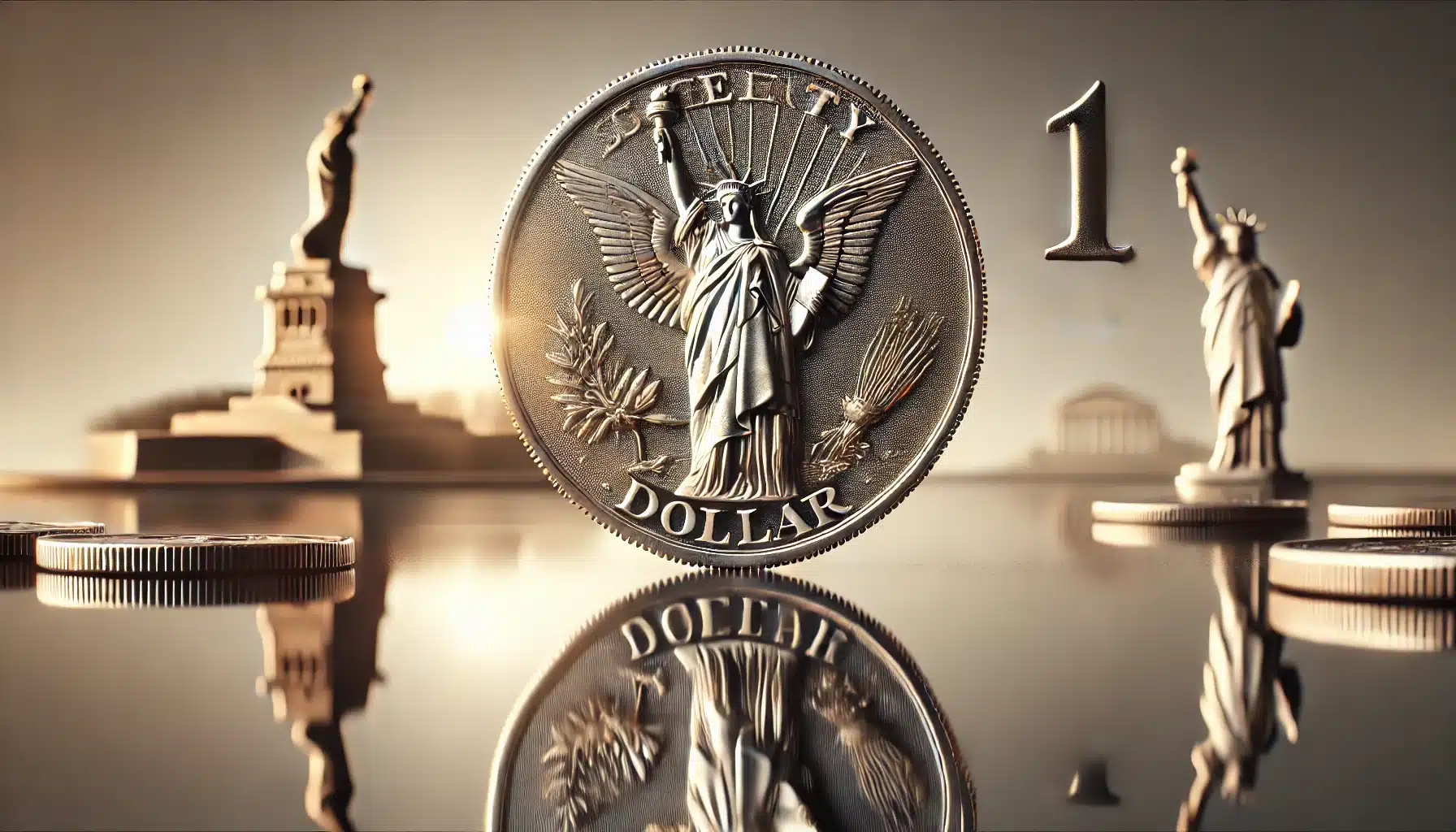Understanding $1 Dollar Coin Value: How Much Is It Really Worth?
Have you ever wondered if that $1 dollar coin in your pocket or collection is worth more than its face value? Many $1 coins hold value beyond their denomination, thanks to their history, rarity, or condition. Whether you’re a curious collector, a treasure hunter, or someone with a jar of forgotten coins, understanding the value of $1 coins can be both fascinating and profitable.
In this guide, we’ll explore how much money a $1 dollar coin is worth, what factors affect its value, and how you can identify rare or collectible coins. By the end, you’ll know exactly what to look for and where to sell your valuable finds.
How Much Money Is a 1 Dollar Coin Worth?
The value of a $1 coin depends on several factors, including its type, mint year, condition, and rarity. Here’s a breakdown of the main categories:
Circulated vs. Uncirculated Coins
- Circulated Coins: Most $1 coins found in general circulation, such as the modern Presidential or Sacagawea dollars, are worth their face value—$1.
- Uncirculated Coins: Coins in pristine, uncirculated condition can fetch higher prices, especially if they are part of a limited mintage or have unique features.
Rare $1 Coins to Look For
Certain $1 coins are highly sought after by collectors. Here are a few examples:
- Morgan Silver Dollar (1878-1904, 1921): Depending on mint marks and condition, these coins can range from $20 to over $1,000.
- Peace Silver Dollar (1921-1935): Rare years, like 1921 and 1928, are worth hundreds of dollars.
- Sacagawea Cheerios Dollar (2000): Issued as a promotion, this variant can be worth over $5,000 due to its unique reverse design.
- Eisenhower Silver Dollars (1971-1976): Certain mint sets containing silver compositions are valued between $10 and $40.
Errors and Mint Variations
Coins with minting errors, such as doubled dies, off-center strikes, or missing elements, are particularly valuable. For instance:
- A 1979 Susan B. Anthony dollar with a “wide rim” error can be worth up to $100.
- Double-struck or misaligned coins may fetch hundreds of dollars, depending on the error’s severity.
How to Determine the Value of Your $1 Coin
Step 1: Inspect the Coin’s Date and Mint Mark
- Look for the mint year stamped on the coin.
- Check for mint marks like “D” (Denver), “P” (Philadelphia), or “S” (San Francisco). Coins from rarer mints may hold higher value.
Step 2: Evaluate Its Condition
Coins are graded on a scale from Poor (P-1) to Mint State (MS-70). Higher grades mean better condition and increased value. A professional grading service, such as PCGS or NGC, can provide an official rating.
Step 3: Research Current Market Trends
Coin values fluctuate based on demand, metal prices, and rarity. Use resources like the Red Book or online databases to check current market prices for your coin.
Step 4: Consult a Professional Appraiser
For coins you suspect are rare, consult a numismatic expert. A professional appraisal can confirm authenticity and provide an accurate valuation.
Where to Sell Valuable $1 Coins
If you discover a valuable $1 coin, here are the best places to sell it:
- Local Coin Dealers: Great for immediate sales but may offer slightly lower prices.
- Online Marketplaces: Platforms like eBay or Etsy allow you to reach a global audience.
- Numismatic Auctions: Ideal for rare or high-value coins, where bidding can drive up prices.
- Coin Shows: Attend coin shows to connect with collectors and dealers.
- Specialized Platforms: Websites like Heritage Auctions or Coin World specialize in collectible coins.
Summary
The value of a $1 dollar coin can vary widely, from its standard $1 face value to thousands of dollars for rare or error coins. Key factors influencing a coin’s worth include its condition, mint year, rarity, and whether it has unique features or errors.
By carefully inspecting your coins, researching their history, and consulting professionals, you can uncover hidden treasures in your collection. Whether you’re looking to sell or simply explore the fascinating world of numismatics, understanding the true value of $1 coins is a rewarding endeavor.
Ready to uncover the value of your $1 coins? Start by researching your collection today! If you need professional grading or want to connect with potential buyers, explore trusted platforms like PCGS or reach out to a local numismatic expert. Who knows—you might just strike gold!

